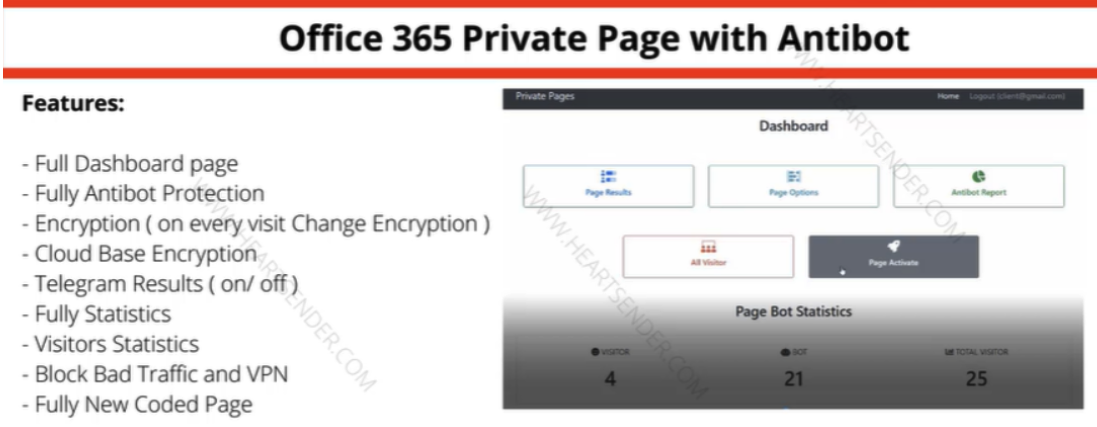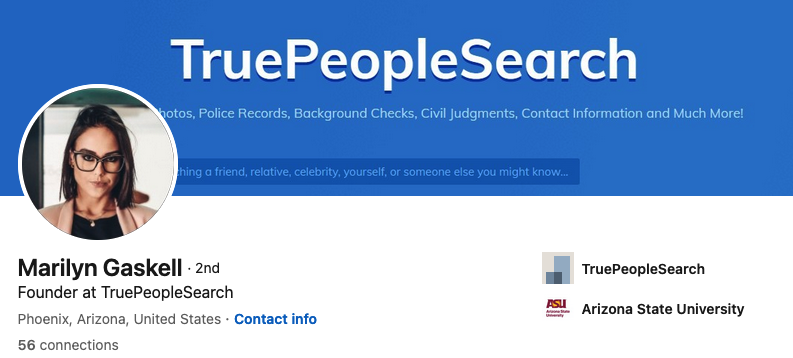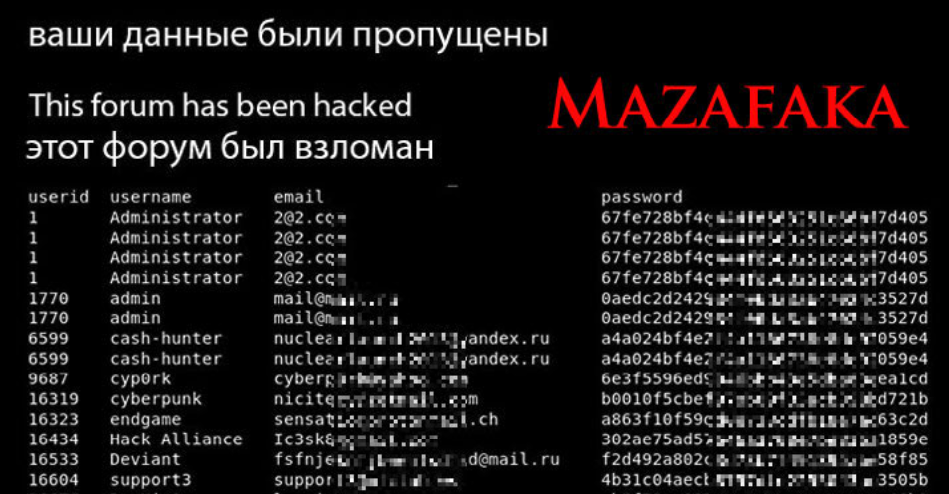When Get-Out-The-Vote Efforts Look Like Phishing

Credit to Author: BrianKrebs| Date: Wed, 28 Aug 2024 23:55:17 +0000
Multiple media reports this week warned Americans to be on guard against a new phishing scam that arrives in a text message informing recipients they are not yet registered to vote. A bit of digging reveals the missives were sent by a California political consulting firm as part of a well-meaning but potentially counterproductive get-out-the-vote effort that had all the hallmarks of a phishing campaign.
Read More




